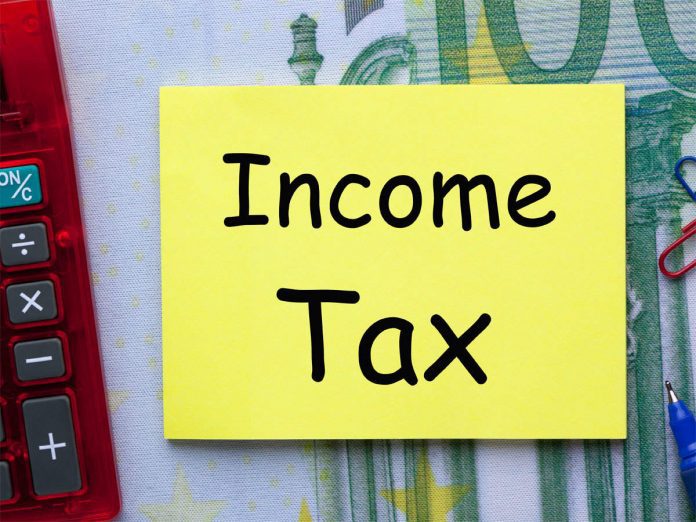Income Tax: Salary, allowances, PF, arrears, leave encashment and gratuity what is taxable and what is not. What does the IT department have to say about this? Learn here…
Income Tax: Salary is the amount that you are paid for your work. If your salary falls in the income tax bracket, then you will also have to pay tax as per the rules. As per the information provided by the Income Tax Department, Section 17 of the Income Tax Act defines the word ‘salary’. However, not going into the technical definition, generally whatever is received by an employee from an employer in the form of cash, kind or a facility [perquisite] is considered as salary.
Know – What is an allowance?
Apart from salary, allowances are fixed periodic amounts, which are paid by the employer for the purpose of meeting certain special needs of the employee. Like, Tiffin Allowance, Transport Allowance, Uniform Allowance, etc. There are generally three types of allowances for the purpose of Income Tax Act – Taxable Allowances, Fully Exempt Allowances and Partially Exempt Allowances.
Perquisites are benefits accruing to a person as a result of his official position and are over and above salary or wages. These perquisites may be taxable or non-taxable depending on their nature. Uniform allowance is exempted to the extent of expenditure incurred for official purposes under u/s 10(14).
Further, all reimbursement of expenses incurred by the employer to the employee on grocery and children’s education is treated as income as these are in the nature of perquisites and should be assessed as per the rules laid down in this regard.
Are retirement benefits like PF and gratuity taxable?
Gratuity and PF receipts on retirement in the hands of a Government servant are exempted from tax. In the hands of a non-government employee, gratuity is exempt subject to the limits prescribed in this regard and PF receipts are exempt from tax, if it is received from a recognized PF after rendering less than 5 years of continuous service.
Explain, from assessment year 2022-23, no exemption will be available for interest income earned during the previous year in recognized and statutory provident fund, it is related to contribution by employees exceeding Rs.
However, if an employee is contributing to the fund, but there is no contribution to such fund by the employer, the interest income earned during the previous year will be taxable to the extent that the contribution made by the employee to that fund is taxable. is related. 5,00,000 in a financial year exceeding Rs.
Are arrears of salary taxable?
Salary arrears are taxable, however, the benefit of spread of income in the years to which it relates can be availed for less incidence of tax. This is called relief under section 89 of the Income Tax Act.
Is leave encashment taxable as salary?
It is taxable when received in the course of service. Leave encashment received at the time of retirement is exempt in the hands of Government servant. Leave encashment in the hands of a non-Government employee shall be exempted subject to the limits prescribed in this regard under the Income-tax Act.
What is the taxability of House Rent Allowance (HRA)?
Minimum of the following is/are exempted (not taxable/deductible from total HRA received)
(a) Actual amount of HRA received
(b) Rent paid less 10% of salary
(c) 50% of salary if the house rented is located in Kolkata, Chennai, Mumbai and Delhi
Or
40% of the salary if the house is rented is not located in Kolkata, Chennai, Mumbai and Delhi.
What is the taxability of Fixed Medical Allowance and Conveyance Allowance?
Medical allowance is a fixed allowance given to the employees of a company on a monthly basis, irrespective of whether they submit bills to substantiate the expenses or not. It is fully taxable in the hands of the employee.
Conveyance allowance as per section 10(14) read with rule 2BB is exempt up to the amount received or the amount spent, whichever is less. For example, if the amount received is Rs 100 and the amount spent is Rs. 80, then only Rs. 20 is taxable. However, if the amount actually spent is Rs 100; So nothing is taxable.


